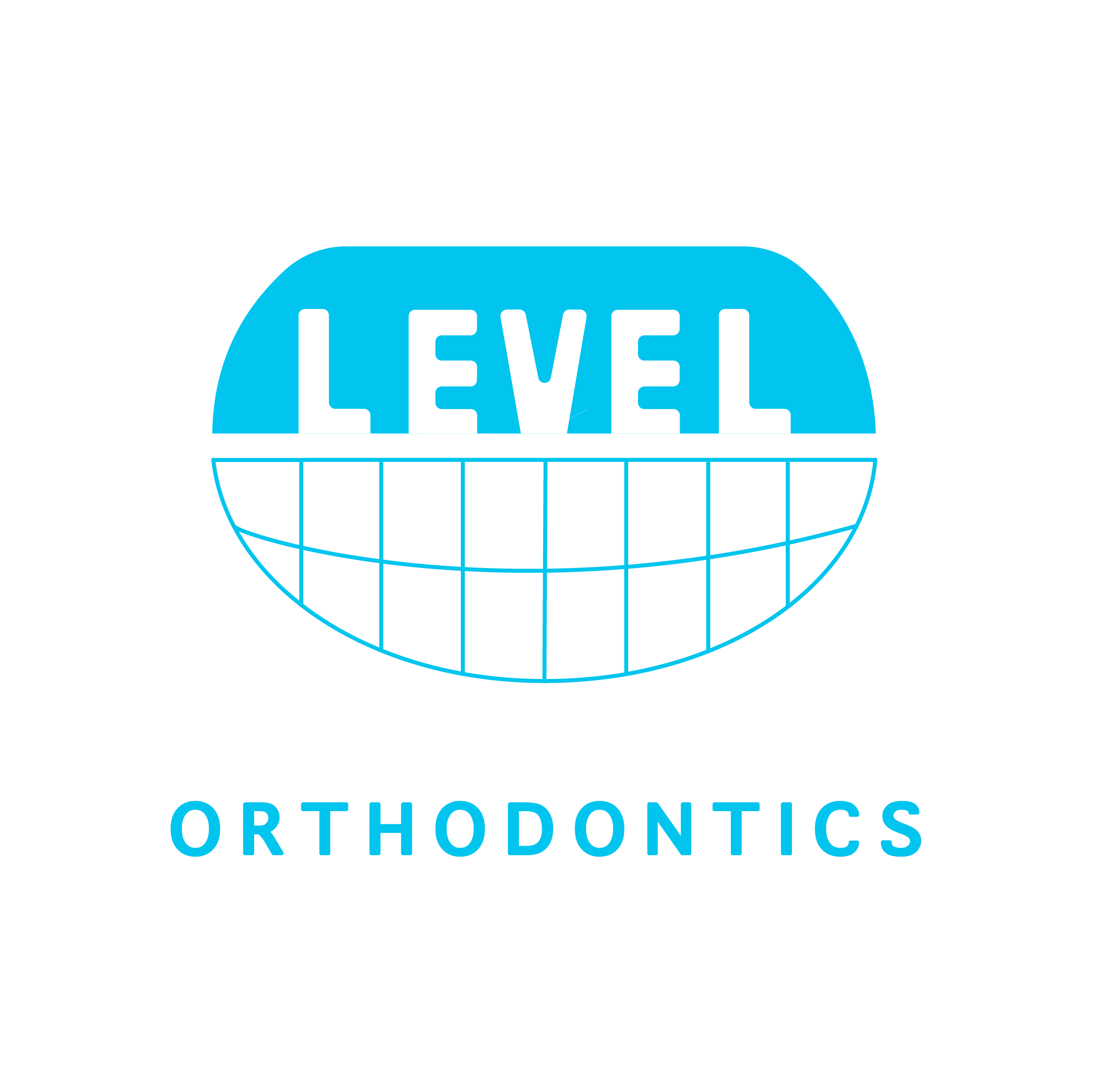Orthodontic treatment can do more than straighten teeth – many people have issues with misalignment of the teeth that can affect their bite. Overbites (otherwise known as an Overjet) are especially common because common causes of overbites are habits that start in childhood.
What is an Overbite?
An overbite is a type of misalignment where the upper teeth stick out beyond the bottom teeth. There are varying degrees of overbites, and your orthodontist can quickly identify what class you fall into and draw up a treatment plan.
What Causes an Overbite?
Overbites don’t happen overnight. Often the behaviours that can result in an overbite develop at an early age and can slowly change the alignment of your teeth.
There are several common causes of overbite to recognize:
- Habits like consistent pacifier use and thumb sucking push the tongue against the back of the teeth, resulting in an overbite.
- Nail-biting or chewing on pens or pencils can cause overbites in teens and adults.
- Genetics can also play a role in developing an overbite.
Do You Have to Fix an Overbite?
You may experience sustained jaw problems or headaches if you ignore an overbite. Not treating an overbite may also leave you with a higher chance of developing oral health concerns such as tooth decay and/or gum disease. Overbites can influence our speech and correcting an overbite may improve speech.
How Do You Fix an Overbite?
The best way to go about treating an overbite entirely depends on how old you are when you start addressing the problem.
Children
Braces can be used to properly align the teeth and correct the overbite. Since children are still growing, your orthodontist might suggest a growth modification device to help position the jaw as a growth spurt happens.
Adults
Braces can move the teeth to correct an overbite. Based on your age and severity of your overbite, your orthodontist will be able to give you multiple options for correcting your overbite.
If you have concerns about your overbite or if it’s causing issues, your orthodontist can help you correct it and prevent further dental problems.

